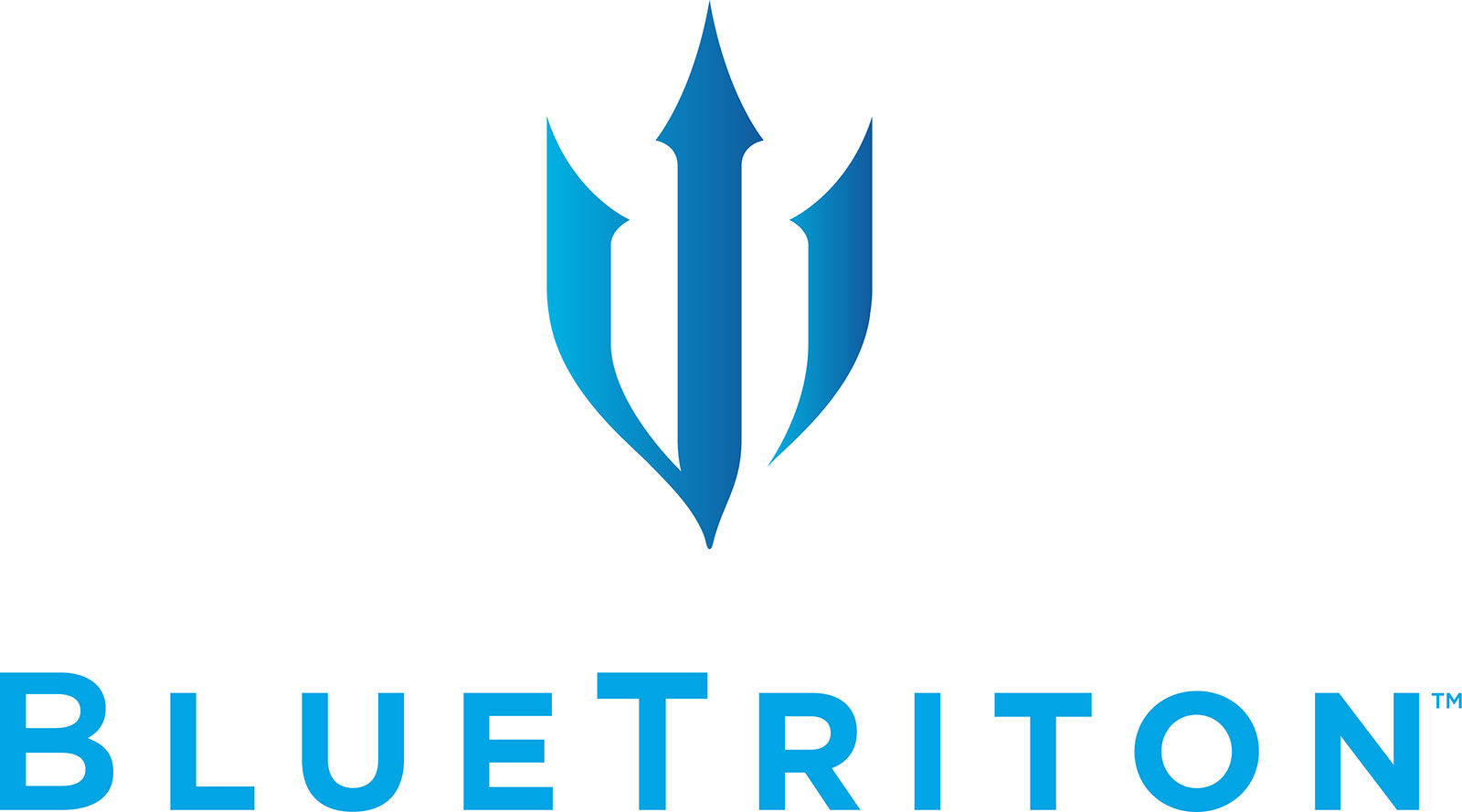The Chaffee County Commissioners convened another session in the Nestlé Waters North America 1041 permit hearing Tuesday to discuss the implications of the change of company ownership as well as the company’s name change to BlueTriton Brands.
A central question is whether these changes trigger language in Section 4.6 of the 1041 permit, which states that a transfer of the permit to another party requires the written consent of the “Permit Authority,” i.e., the Board of County Commissioners.
Despite multiple calls for the Commissioners to use Section 4.6 to terminate the permit, the Commissioners were unanimous in their commitment to honoring the Aug. 4 permit extension, in part to avoid the potential for sudden unemployment for Nestlé employees and contractors.
Larry Lawrence, natural resource manager for BlueTriton’s Western Region, explained that, prior to the sale, Nestlé S.A. owned Nestlé Waters North America Holdings, which owned Nestlé Waters North America, which holds the 1041 permit. Nestlé S.A. then sold its shares of Nestlé Waters North America Holdings to a partnership between One Rock Capital Partners and Metropoulos and Co.
After that transaction, Lawrence said, Nestlé Waters North America Holdings changed its name to BlueTriton Brands Holdings, and Nestlé Waters North America changed its name to BlueTriton Brands. “Otherwise, its legal structure remains unchanged.”
Caitlin Quander, legal counsel for BlueTriton, also insisted that the changes do not qualify as a transfer, characterizing the name change as “rebranding” to differentiate the company from its former owner.
County Commissioners Chairman Greg Felt said he thinks, “this change in the company is better addressed in the discussion of permit renewal” instead of triggering Section 4.6 of the permit.
Commissioner Keith Baker said, “To me this looks like a transfer. … If it is a transfer, and I think it is, then I think it bears a higher level of scrutiny.”
County Attorney Jenny Davis noted, “We are applying our standards to the application as if it were a totally new application.” She later acknowledged, “Whether it is or isn’t a transfer at this point, I’m not sure.”
The Commissioners agreed that the scrutiny of the current permitting process is equivalent to consideration of a new permit application.
Baker mentioned a letter to the County from John M. Barth, a Colorado environmental attorney, claiming that the extensions of the 1041 permit are illegal.
Barth, whose office is in Boulder County, sent the letter on behalf of Un-Bottle & Protect Chaffee County Water, a local nonprofit organization established in opposition to Nestlé/BlueTriton’s local springwater operations.
County Attorney Davis disagreed with Barth’s accusation.
“To call this illegal,” said Chairman Felt, “mischaracterizes what we’ve been doing for the last year and a half.”
Quander agreed with Felt and Davis, citing Section 4.4 of the permit, which states, “The Permit Authority may, in its discretion, extend the term of the Permit upon written request of Permittee.”
The letter from Barth and other written public comments about the change in company ownership are available on the County website under Items Continued.
Everyone who provided verbal comments during the public hearing spoke against transferring the permit to BlueTriton.
Most of the people who spoke expressed opposition to allowing private equity firms to operate in Chaffee County due to their reputation for aggressive cost-cutting to maximize profits and a lack of transparency.
John McGowan of Salida said, “I worked in investments for over thirty years. I’ve served as a trustee to billionaire families invested in private equity. … I do understand and have experience in the situation in front of us.”
He noted that Metropolous and One Rock “raised 75 percent of the $4.3 billion price tag using loans and issuing IOUs, known as notes, all due within seven years. That tells me that they plan to resell Triton within seven years. That leaves little time and resources for longer-term investments in things like biodegradable packaging or for making impactful investments in the Chaffee County community.”
In response to a question by Chairman Felt about the difference between public and private companies, McGowan said public companies are subject to audits and SEC filings that are not required of private companies.
“Private equity is driven by profit-making,” he said. “It will cut corners when it needs to, particularly in a leveraged buyout situation like this. They are under the gun. They need to move. They need to make this profitable as rapidly as possible so they can get this resold.”
Several people urged the Commissioners to employ Section 4.6 to revoke the 1041 permit, including Tom Bomer of Salida, listed with the Colorado Secretary of State as the registered agent of Un-Bottle & Protect Chaffee County Water, a nonprofit corporation.
Bomer said he is “amazed and befuddled” at how the Commissioners’ legal advice “seems to be constantly stirred back around to give every kind of possible credit to what permittee wants, needs, has said. It puzzles me and it troubles me.
“You gentlemen are bound by your oath of office to invoke section 4.6 of the permit. You must refuse further extensions of this permit and refuse to transfer it to BlueTriton Brands. A full and complete permit application and the rigors of that entire process must be done.”
Rain Hastings questioned drought contingencies and the possibility of a call on the Colorado River.
A call on the Colorado River would halt diversions by the Fryingpan-Arkansas Project, which delivers an annual average of about 60,000 acre-feet from the West Slope to the Arkansas River via Twin Lakes Reservoir.
Commissioner Felt acknowledged that the possibility of a call on the Colorado River “is getting a lot of discussion these days but is not an imminent situation. … If that were to happen, I think you would find that … the applicant would be unable to continue their operations because there would not be available augmentation water.”
Michael O’Heaney, executive director of the Story of Stuff Project in Berkeley, Calif., urged the Commissioners to discontinue consideration of the permit renewal “because the permittee no longer exists.” The Story of Stuff Project has provided financial support to the Un-Bottle group.
Davis offered, “Whether it is or isn’t a transfer, the Board, from what I’m hearing so far, is not inclined to immediately shut down the operation. … Ultimately, it becomes a question of analyzing … whether the current ownership structure … complies with the standards for the purposes of whether the board is going to allow a further extension or a new permit. … I guess bottom line is that the outcome is the same for purposes of the existing permit.”
Responding to public comments, Quander said, “We do not believe legally that there is a transfer.”
The Commissioners continued the 1041 hearing to 1 p.m. May 18, when two BlueTriton representatives will present their own economic analysis in person and the public will have an opportunity to comment on the Harvey Economics report and the Nestlé 2020 annual report.
Since BlueTriton representatives will be allowed to present their economic analysis in person, the Commissioners decided to allow two members of the Un-Bottle group to respond to that analysis in person, possibly at a later date.





